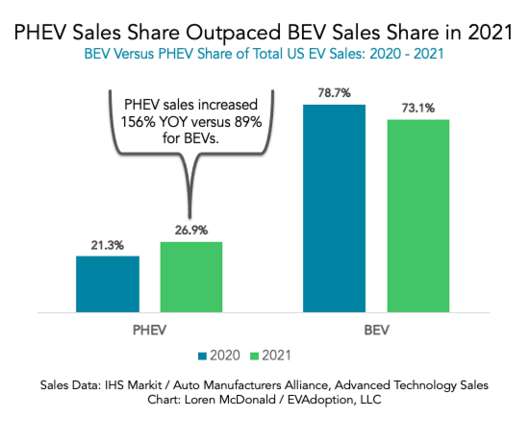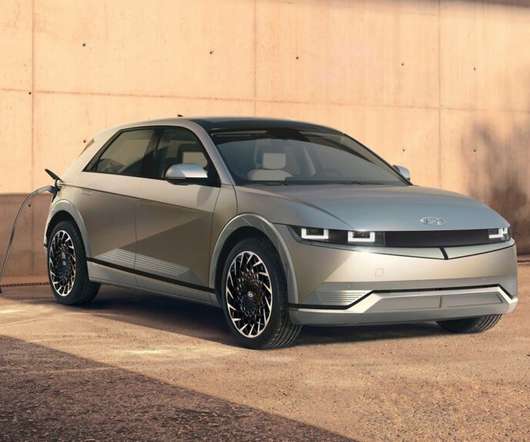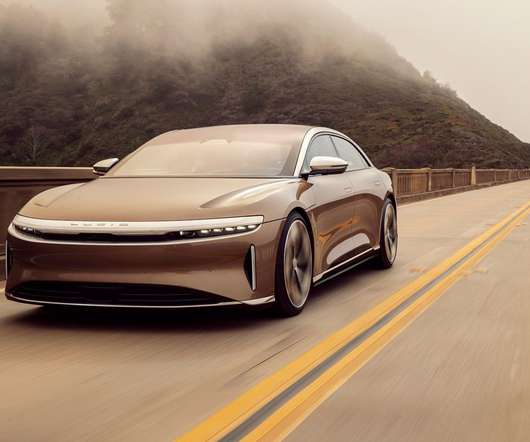Canada, US and Mexico commit to align light- and heavy-duty fuel efficiency and GHG standards out to 2025 and 2027, respectively
Green Car Congress
JUNE 30, 2016
As part of that effort, the leaders committed to reduce greenhouse gas (GHG) emissions from light- and heavy-duty vehicles by aligning fuel efficiency and/or GHG emission standards out to 2025 and 2027, respectively. A key element of that partnership is a goal for North America to strive to achieve 50% clean power generation by 2025.

























Let's personalize your content